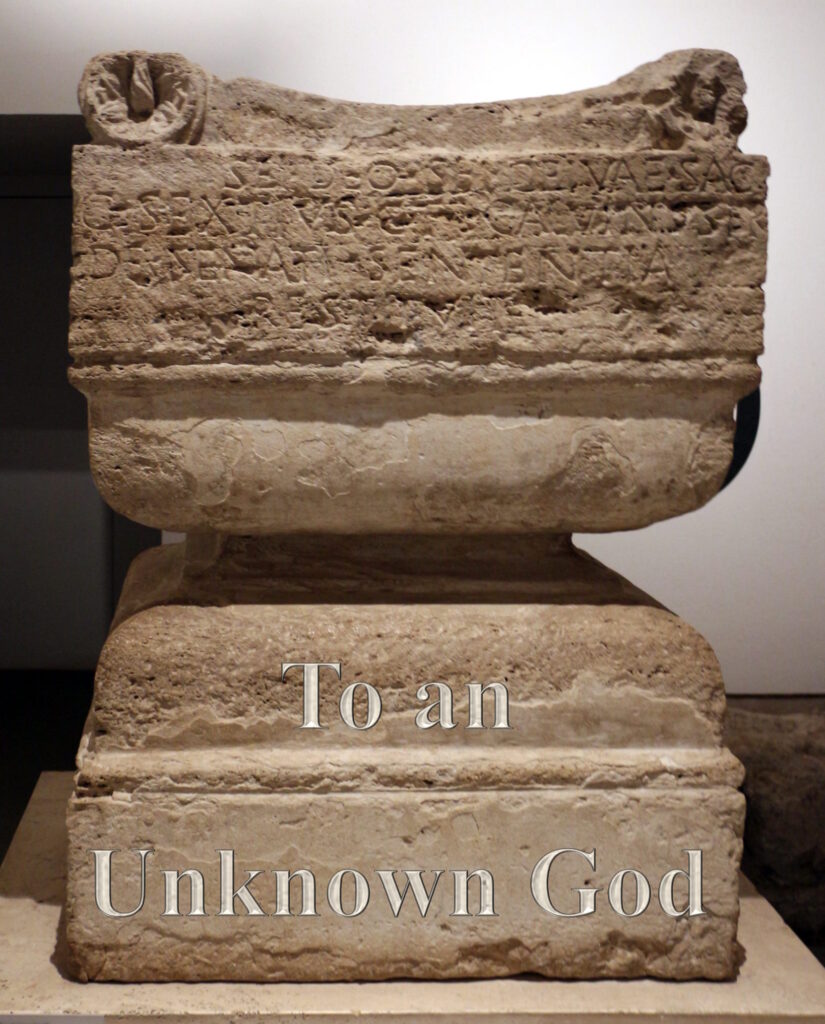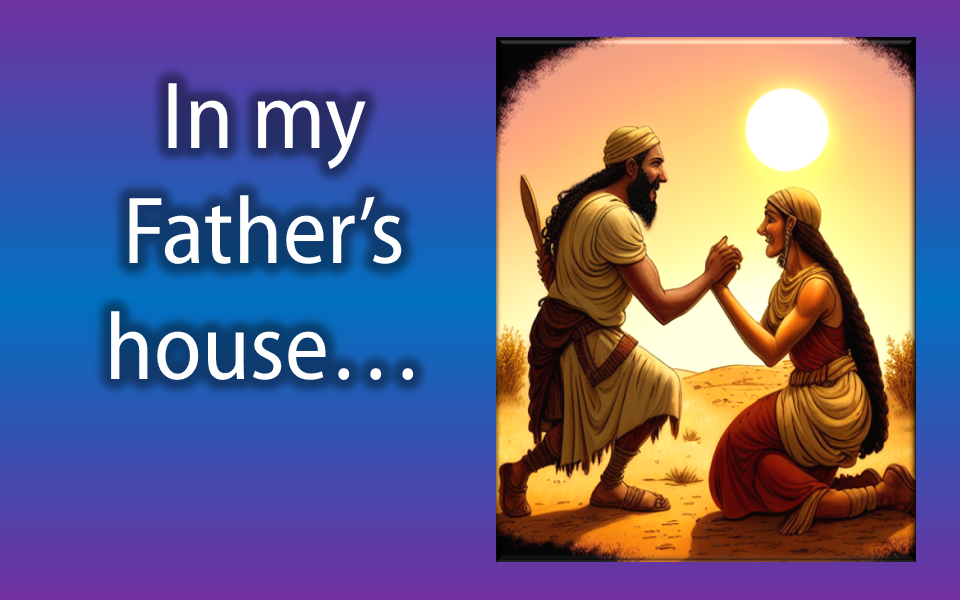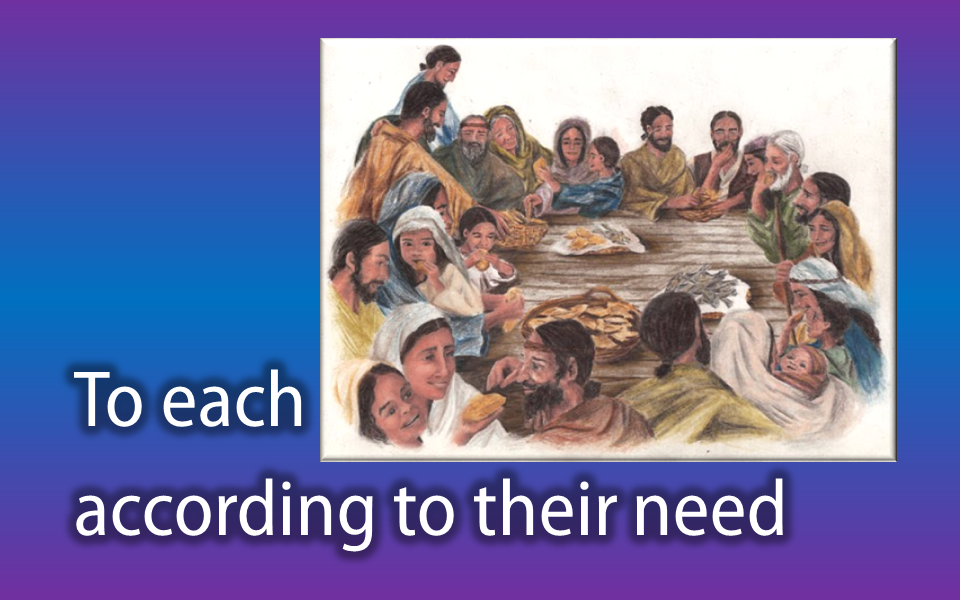Hespeler, May 14, 2023 © Scott McAndless – Christian Family Sunday, Sixth Sunday of Easter
Acts 17:22-31, Psalm 66:8-20, 1 Peter 3:13-22, John 14:15-21
It has become common these days to blame religion for so much of the evil we find in this world. This is not without some good reason. If you want to create a list of all of the ways in which religion, all religion including Christianity, is evil, it is not really very hard. Just think of all of the Jihads, Crusades and genocides that have been carried out in the name of faith. Consider the atrocities committed because of religious differences – in Northern Ireland, Afghanistan, Israel and the Palestinian Territories just to name a few.
Evils in the Name of Faith
Remember, in our own country, the story of the Christian Doctrine of Discovery, endorsed by all major Christian faiths, that justified stripping all lands from the indigenous people because they were “savages.” Think of the residential school system that was a matter of national government policy, but that various Christian churches bought into wholeheartedly because they saw it as a chance to build up their own institutions.
Yes, religion is not the only cause of such devastation. We could also say many of the same things about nationalism, tribalism and racism, for example. But still, no one should underestimate all of the evil that has been carried out in this world in the name of faith.
But more than that, many people’s individual lives have been devastated by their encounters with religion. Abused people have often seen their abusers empowered and protected by religious institutions.
On this Christian Family Sunday, we need to admit that sometimes religion has had a devastating effect on families. Parents have been persuaded by religious teachers that, if their children don’t fit in with certain expectations, that they should reject them, maybe even turn them out. Such teachings have led to horrible outcomes like suicide and addiction.
Why Remain?
Many people today struggle with the long-terms effects of the trauma they experienced because of a strict religious upbringing. This is a pain that they carry with them every day and that most cannot overcome without extended therapy. Religion of all sorts has negatively affected people’s lives.
The downside of religion seems undeniable in many ways these days. And so, you might well ask me why I stay committed to the kind of work I do. Why not just give up on religion altogether? I’ll tell you why. It is because of the altar to the unknown god.
Paul in Athens
When the Apostle Paul went to Athens, he discovered a city that was full of religion and of gods. There were found some of the most famous and celebrated temples and altars in the whole world – the incredible Parthenon, the celebrated temple of Olympian Zeus, the massive Temple of Hephaestus, to name only a few. These temples represented some of the most powerful religious institutions that had ever existed.
In the names of these gods and others like them, the Roman legions had marched and conquered the world. In their names much evil was done, and perhaps some good. But, whether for good or ill, people believed in these gods and their stories because that was what they had always been taught. And so, Paul looked at all of these altars and concluded that the Athenians were indeed very religious people.
And maybe he wondered, given all of the violence that had been committed in the name of those well-established gods, whether it might not have been better if such religions had never existed. As a member of a religious minority who had suffered at the hands of the worshipers of these gods, you could hardly blame him for thinking such things.
Before the Areopagus
So why, then, when he spoke before the Areopagus, an assembly of leading Athenian citizens who were judging him, did he speak positively of the spiritual and religious lives of the Athenians. “Athenians,” he said, “I see how extremely spiritual you are in every way.” Why didn’t he simply reject their spiritual impulses as dangerous and deadly? I believe it was because of the altar to the unknown god.

As he wandered around the city, he had seen an altar dedicated to an unnamed god. Now, no one has ever found the actual altar to the unknown god among the many archeological digs in the city of Athens, but there is no reason to doubt that there was at least one there. They were not uncommon at all in the ancient Mediterranean world. There has been one found in excellent condition in the city of Rome.
Why were there such Altars?
But I’ve got to wonder why such things existed in a place like Athens. They had plenty of gods, after all – twelve major deities and tons of minor gods and demi-gods. You would think that they had all of the bases covered. And yet these strange altars kept being built, no doubt at great cost and personal sacrifice. Why?
The answer is simple. These altars were erected because, from time to time, people had experiences of the divine that they could not fit within the boundaries of all the huge varieties of religions that they saw around them.
Perhaps they were just going along with their everyday lives and they suddenly found themselves experiencing a transcendence that they could not explain. It might have been a moment of pure joy, or perhaps of terror. Maybe they felt as if they had been helped in some way that they couldn’t explain. Maybe they couldn’t quite put their finger on it, but they just knew that they were in the presence of the divine.
But clearly, what they had experienced did not fit with anything that they had been taught about the traditional gods all their lives. And so, they had to create some way to acknowledge what they had experienced that was outside of the religion of their society. That has to have been what happened.
What Comes First?
But do you realize what that means? We often work under the assumption that spiritual experiences are created by religious practice and belief. We assume that if you pray in certain ways or go through certain rituals, that you will experience God. We think that if you learn all the proper doctrines about God according to a religion, that you will come to know God. But the very existence of the altar to the unknown god proves that is not true.
Pretty clearly, if you had just taken away all of the altars to all the Olympian gods in Athens and all of Greece, if you would take it away all of the priests and the philosophers who taught their religious and spiritual ideas, this would not have eradicated the belief in the divine. People still would have been experiencing such things and, in response, feeling compelled to set up altars to the unknown that they had experienced.
Our Disposition to Spiritual Experience
The truth of the matter is that there is something in humanity itself, something that is built into the very structure of our minds, that disposes us to have spiritual experiences. I don’t know why that is. My suspicion is that it is something that God has built into us, but I obviously cannot prove that. But wherever it comes from, it is an undeniable part of who we are.
That doesn’t mean that everyone will have spiritual experiences – at least not to the same degree. But they will always remain an important part of human life and experience.
So, even if religion itself is flawed – even if it has often led to evil in this world, we cannot respond to that by giving up on religion entirely. If all of the principled and thoughtful and moral people just gave up on religion, would it just cease to exist? No, it would not.
You could tear down all of the churches, the temples, and mosques. You could destroy all of the institutions that support them. What would that mean? Would it bring the end of religion and the evil it might do? No. People would continue to experience the divine and they would continue to build their altars to an unknown god.
If we Abandon Religion
But that is not the only result. I can almost guarantee you that things would be quickly turn so much worse. If all of the principled and ethical believers abandoned religion, what would that leave? That would just leave all of the unscrupulous ones. And do not think for a moment that they wouldn’t be only too happy to co-opt all of the good intentions of those builders of altars to an unknown god and direct them towards new campaigns of terror, hatred and intolerance.
So, if you were to ask me to defend my choice to continue to participate in the Christian religion despite knowing the damage it has done and that it is capable of, that is what my answer would be. I stick around not because I have deluded myself into thinking that there is never anything wrong with religion. I stick around because I am not going to abandon this tradition to those who would use it in such ways.
I’m going to stick around so that I may do my best to promote a Christian faith that is open, tolerant and welcoming. I want to demonstrate to the world that it is possible to be a Christian and not be hateful. I am very sorry that I seem to be living in a time when so many have found it easy to conclude otherwise. But I will do my part to counter that narrative.
What Paul was Thinking
And so, while I obviously have no way of knowing all that was happening within the mind of the Apostle Paul at that meeting of the Areopagus, I’d like to think that he was thinking something along those lines and that is why he chose not to condemn the Athenians for the errors that he saw in their religious practice. He had respect for the divine experiences that they had had and how they had found ways to honour them.
And yes, Paul did not hesitate to proclaim his own understanding of the best way to approach the divine, especially because of what he had learned through his own experience of the risen Jesus Christ who revealed God in extraordinary ways. There is nothing wrong with doing that.
Paul’s Respect for them
But it is amazing to see how Paul speaks of these things while maintaining enormous respect for the spiritual experiences of the Athenians. He quotes their own poets and philosophers to them. He recognizes that their impulses towards the divine and even their desire to set up modes of worship are legitimate. That kind of respect for people who believe differently can take us a long way. It is an attitude that I would like to bring to every aspect of my religious life.
But more than that, even as he doesn’t refrain from sharing his own understanding and faith, he is definitely interested in finding the points of contact with others rather than the points of difference. He focusses, for example, on the common kinship of all humanity: “From one ancestor he made all peoples to inhabit the whole earth.”
And he also doesn’t insist that God’s concern is limited only to his own people. The God he worships acknowledges all nations: “And he allotted the times of their existence and the boundaries of the places where they would live.”
Most of all, he humbly acknowledges that all our knowledge of God is, at best, little more that us fumbling about and perhaps finding him. Such humility will always serve us well in all our dealings with those who believe differently.
Religion
Religion is not the greatest evil on the face of the earth. Neither is it the salvation of humanity. It really is a whole lot of us fumbling about and trying to do our best to honour what we have experienced of God. It is just a response and an imperfect response at best. But it is not going to go away if we give up on it. It will likely only become more problematic.
The hope, above all, is not found in religion. It is found in the God for whom we fumble about. The grace and hope is found in the fact that that God “is not far from each one of us. For ‘In him we live and move and have our being.’”

